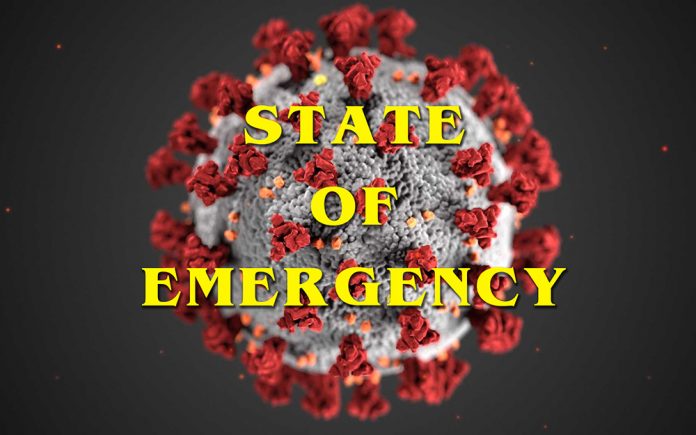
By Haddon Libby
This week’s article gives direction to businesses and people who need immediate assistance while providing some basic guidance to investors who may be concerned and unsure as to what to do.
TO BUSINESSES
As of this writing, the Senate was preparing to authorize emergency loans for any business without access to a bank line of credit via the Small Business Administration (SBA). As this program is just being rolled out, go to www.sba.gov for more information. The Federal government has also suspended most tax payments until June. For up-to-date information, visit www.irs.gov or talk to your accountant.
TO THOSE IN NEED
Most local communities have established or are in the process of establishing emergency food banks like the F.I.N.D. Food Bank. If you do not know where to go, call City Hall and they should be able to direct you to some of your best options. Depending on how this health and financial crisis evolves, expect enhancements and changes as conditions change.
For those who have lost their income because of a furlough or layoff, there is relief coming. In addition to cash relief, the public and private sector are quickly coming together to provide additional relief to the most urgent needs specific to each community. In the meantime, if you find yourself short on funds, delay tax payments first followed by utilities and payments on your house or car. The government has already suspended student loan payments while most utilities have stated that they will not turn off services during the State of Emergency. It is expected that many banks and landlords will voluntarily defer or waive payments as part of the state of emergency.
We need to be particularly mindful of our older neighbors. While our youngest have effectively no risk from the virus, those over 80 years of age could very well die if they contract the virus. If there is anyone in your life who you care about who is in an at-risk group, act like it and behave responsibly.
TO INVESTORS
If you are thinking of selling a stock now, reconsider. The market has already priced in a full recession. To sell now means that you think things will be worse. If we use history as our guidepost, equity values should be higher than they are today within nine months to one year. Avoid falling into the ‘buy high, sell low’ trap. If you need cash, think about borrowing against your securities and making final decisions on whether you need to sell later.
Investors should not make any major financial decisions right now as your emotions may cloud a less passionate reading of current events. As most economic experts expect the recovery from this economic shutdown to be quick, use this time as a chance to improve the quality of your holdings.
As an example, if you were holding stock in an Italian bank or airline, you might want to replace it with a 5G semiconductor computer chip maker or healthcare company. Similarly, European stocks may take longer to recover than the United States as our country entered the pandemic in superior economic condition to Europe which had never fully recovered from the Great Recession. Lastly, do not forget about your bond portfolio. Now is not the time to own high yield or junk debt as bankruptcies can be expected to increase. Keep your bond holdings in shorter-term, high quality investments.
TO EVERYONE
In these extraordinary times, forget about political ideology and come together to help your neighbor. Whether you are buying a gift card to support your favorite restaurant or helping a neighbor in need, now is the time to show the world your personal greatness.
Haddon Libby is the Founder and Managing Partner of Winslow Drake Investment Management, a fiduciary investment advisory practice. For more information on anything in this article or to learn more about their award-winning services, email Haddon at HLibby@WinslowDrake.com or visit www.WinslowDrake.com.








































